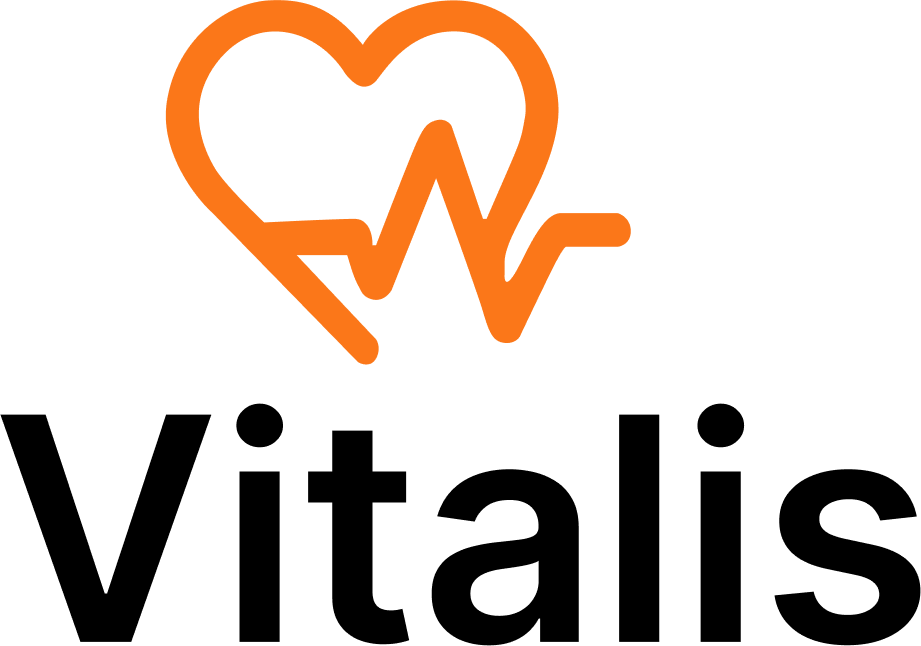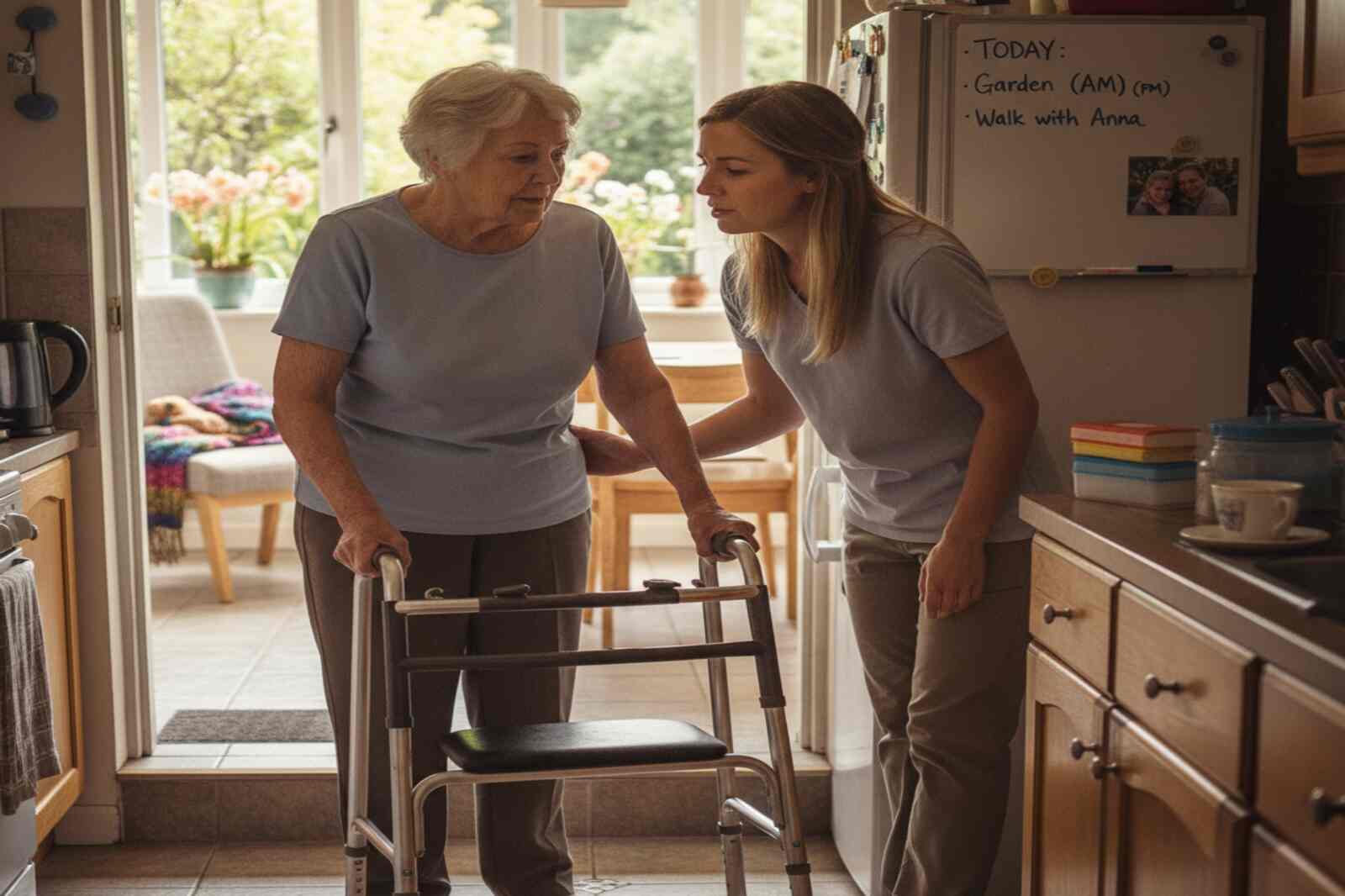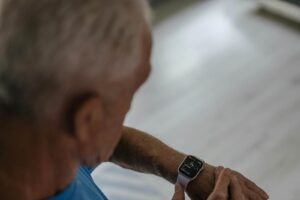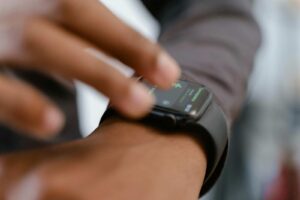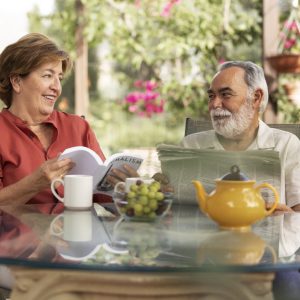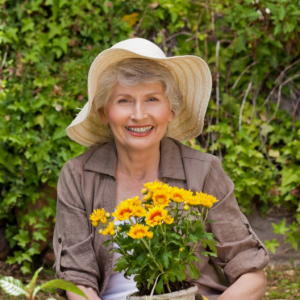Here’s a truth bomb: most seniors don’t actually fear aging — they fear losing control. Nobody wants to feel like they’ve been demoted from adult to dependent overnight. But at the same time, families worry about falls, medications, and those scary “what if” moments. So the million-dollar question becomes: how can seniors stay independent without worrying their kids every time the phone rings after 9 p.m.?
Why Is Independence So Important for Seniors?
Independence isn’t just about being able to drive yourself to the grocery store or insisting on mowing the lawn (but hey, shoutout to the 80-year-olds still doing it). It’s psychological armor.
The ability to make decisions, maintain daily routines, and feel useful gives seniors a sense of dignity and self-respect. Studies show that older adults who feel in control tend to live longer, healthier, and more engaged lives. Translation: independence is not a “nice-to-have.” It’s survival.
So when a senior says, “I don’t want to be a burden,” what they really mean is: I want to keep being me.
What Risks Come With Aging in Place?
Aging at home sounds ideal — your own bed, your own TV remote, your own secret candy stash no one can touch. But the truth is, homes aren’t always designed for aging bodies.
The biggest risks include:
- Falls: Rugs, stairs, and poorly lit hallways can turn into obstacle courses.
- Missed medications: Skipping one pill may not seem like a big deal until it snowballs into a serious health scare.
- Emergencies: Stroke, heart attack, or sudden dizziness — the things no one likes to imagine but families constantly worry about.
This doesn’t mean seniors can’t age in place. It just means the setup has to evolve with them.
How Can Technology Help Seniors Maintain Independence?
Here’s the good news: technology doesn’t have to feel like surveillance. Done right, it feels more like empowerment.
Take the Vitalis Medical Alert Watch — it’s wearable, discreet, and doesn’t scream “hospital gadget.” It lets seniors call for help at the push of a button while also offering health tracking features like heart rate and activity monitoring. Think of it as a fancy 24/7 nurse in tech form– not a babysitter.
And then there’s remote patient monitoring (RPM) services. These tools allow healthcare providers to keep an eye on things like blood pressure and blood sugar levels from afar. Instead of scheduling constant appointments, seniors can live their lives while still being medically supported.
Far from limiting independence, these tools actually stretch it further. They allow seniors to keep doing their thing while giving families peace of mind.
How Do You Talk to a Parent About Needing Help?
This is where things get tricky. Telling your parent they need monitoring can feel like telling them they’re grounded. And nobody wants that conversation, Brandon.
The key is empathy and framing:
- Avoid the word “control.” Instead, talk about “support” and “freedom.”
- Use “both/and” language. “You can stay independent and stay safe.”
- Focus on empowerment. Instead of, “I don’t trust you alone,” try, “This gives you the freedom to do what you want without anyone hovering.”
Here’s a great discussion from Reddit’s r/AgingParents where families share how they navigate these conversations. One user said: “Being totally factual and non-emotional engaged my declining dad’s problem-solving brain, and kept him from getting emotional. Once he started problem-solving, he was coming to the same conclusions we did.”
When the conversation is framed around safety and practical facts — not control or fear — it feels less like a lecture and more like teamwork.
What Are the Best Tools for Safe Independence?
When independence meets smart support, you get the best of both worlds. A few game-changers include:
- Medical Alert Systems: Watches, pendants, or bracelets that offer instant help in emergencies.
- Blood Pressure Monitoring: Essential for seniors with heart concerns, and easy to track remotely.
- Remote Patient Monitoring Services: A safety net that keeps doctors in the loop without constant visits.
- Smart Home Adjustments: Motion-sensor lights, stair rails, and medication reminder apps that make daily living easier and safer.
It’s not about replacing independence with gadgets. It’s about extending independence with tools.
Can Families Balance Freedom and Safety?
Yes — and often, it comes down to compromise. One family might agree that their dad can keep living at home as long as he uses a medical alert system. Another might decide mom keeps her morning walks, but only with a smartwatch that tracks her steps and vitals.
These aren’t restrictions. They’re safety nets. They let seniors keep their freedom while making sure their families aren’t living in a constant state of worry.
Final Thoughts: Dignity + Safety = True Independence
Aging doesn’t have to mean losing independence. It means reimagining what independence looks like — with smarter tools, thoughtful conversations, and a little creativity.
At the end of the day, seniors don’t want to be a burden. They want to live their lives with dignity, on their terms. And with partners like Vitalis, families can make sure independence and safety go hand in hand.
